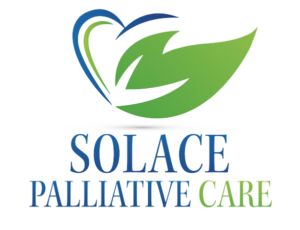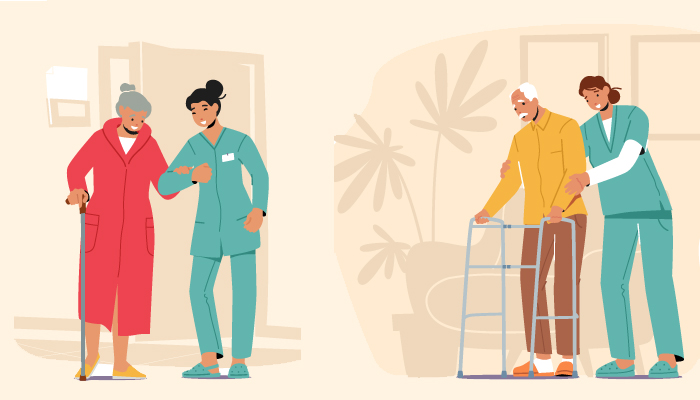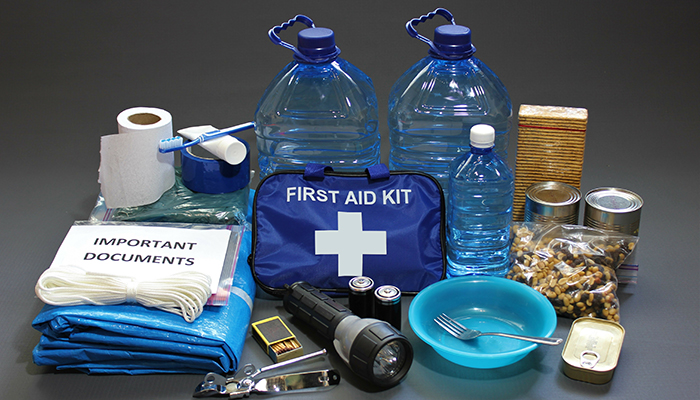
Deciding what holiday gifts to give a person with memory loss can be challenging. From seasonal activities to digital picture frames or fuzzy robo-pets, we’ve got suggestions!


Deciding what holiday gifts to give a person with memory loss can be challenging. From seasonal activities to digital picture frames or fuzzy robo-pets, we’ve got suggestions!

November is National Family Caregivers Month. We want to express our gratitude to you, who are part of the 40 million people (one in six Americans) who care for an older adult friend or relative. So many family caregivers feel invisible, we thought we’d give you some perspective on the scope of family caregiving across the country.

Are frequent visits to the ER a significant part of the past six to twelve months? Does your loved one seem more fatigued? Less interested in eating? Perhaps a bit withdrawn? These symptoms may be hallmarks of a serious illness your relative will overcome. But it’s also possible that these signal that your family member no longer has the reserves to beat their condition.

If the person you care for is a veteran and is seriously ill, they may qualify for a VA program designed to control symptoms that cause pain, discomfort, or mental or emotional distress. Called “palliative care,” this program is available even if the problems are as a result of treatments, not just the medical condition itself.

Do you ever wish you could wave a magic wand for more joy? Patience? Optimism? Motivation? Maybe less irritability and stress? It’s actually accessible now, no wizardry required. Just a shift in attention. Welcome to “anticipation.”

The most common form of dementia is Alzheimer’s disease. However, there are many other conditions that also bring on memory problems. It is important to accurately identify the cause, even if there’s no cure, because this will shape the best strategy for addressing difficult symptoms.

It’s unpleasant to imagine that your loved one might become the victim of crime, but it’s worth considering. There are valuable preventive steps to take. Unless your relative lives in a high-crime neighborhood, their greatest risk is a property crime in or around their home.

If your loved one is discharged from the hospital to a skilled nursing facility (SNF), their care will be in the hands of a team of specialists. It’s a good idea to understand the players’ roles so you know whom to call upon for what.

Depression is common in older adults. It’s long been known that brisk exercise can help reduce depression. But it turns out that exercise doesn’t have to be vigorous to make a difference. Even mild exercise can be effective.

No one likes to dwell on the possibility of disaster. But we all need to prepare for one, just in case. Help your relatives gear up for safety. Whether you live across town or across the nation, the action items are the same.
© 2002-2025, Solace Palliative Care. Site created by Elder Pages Online, LLC.